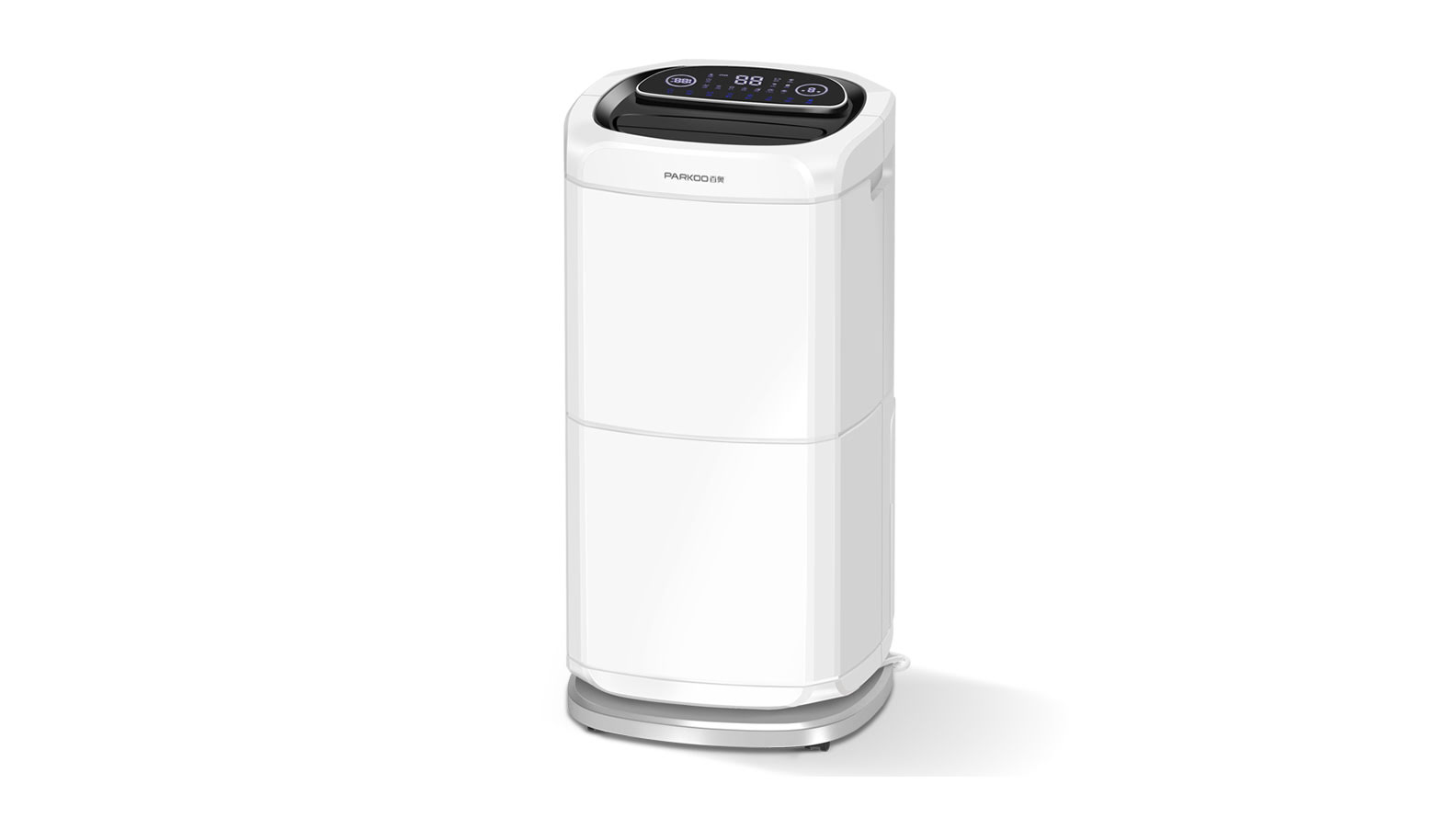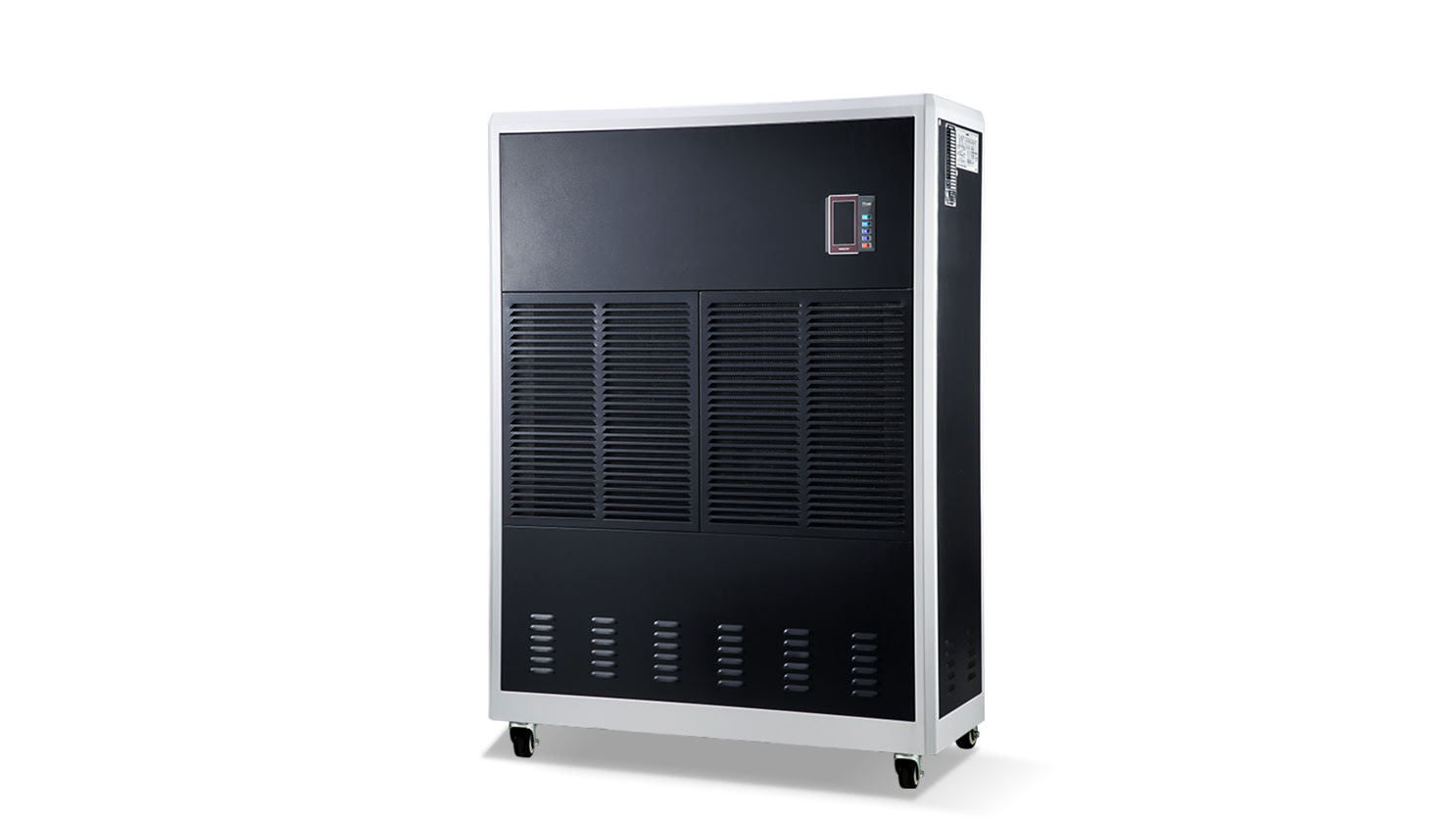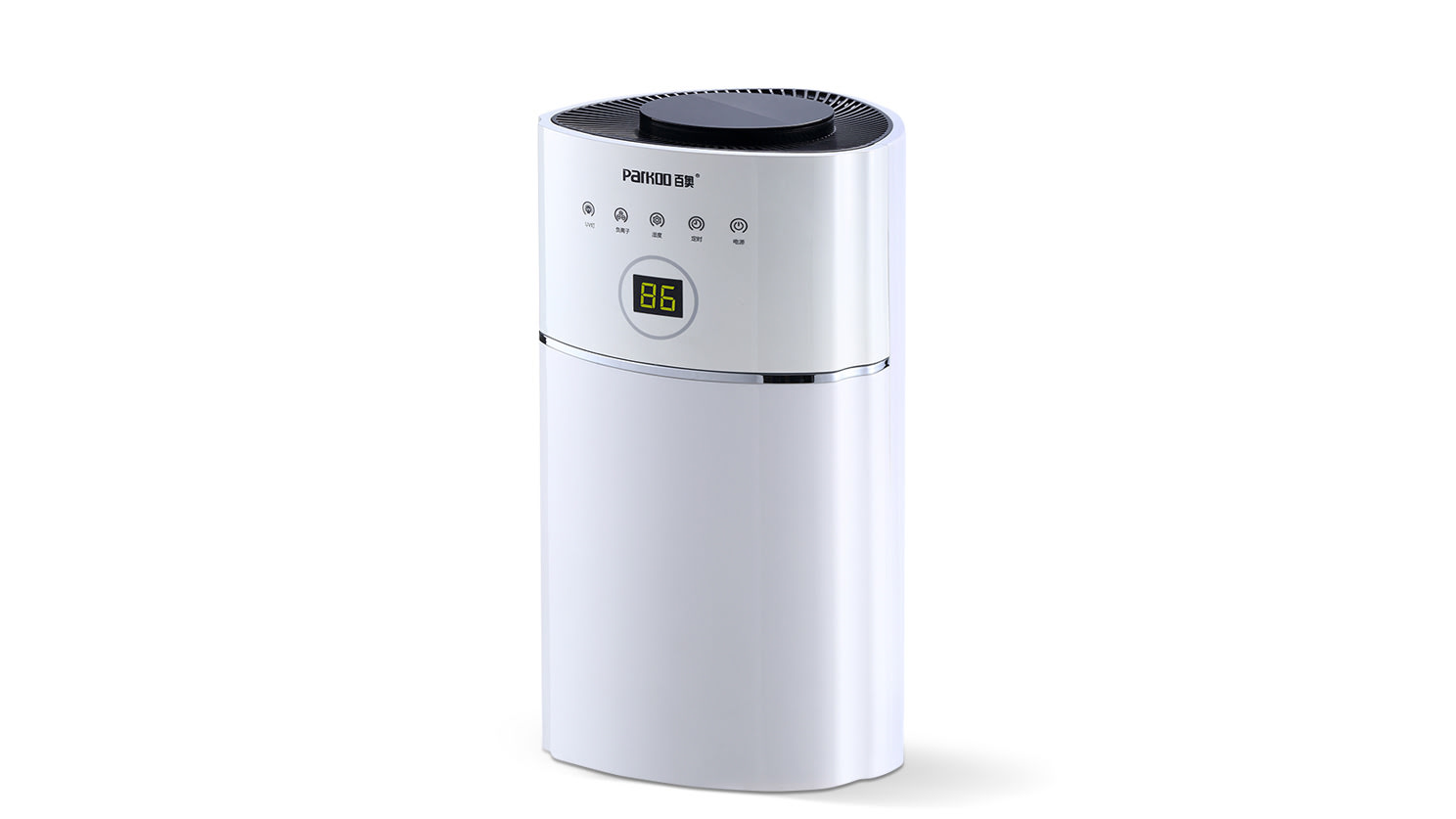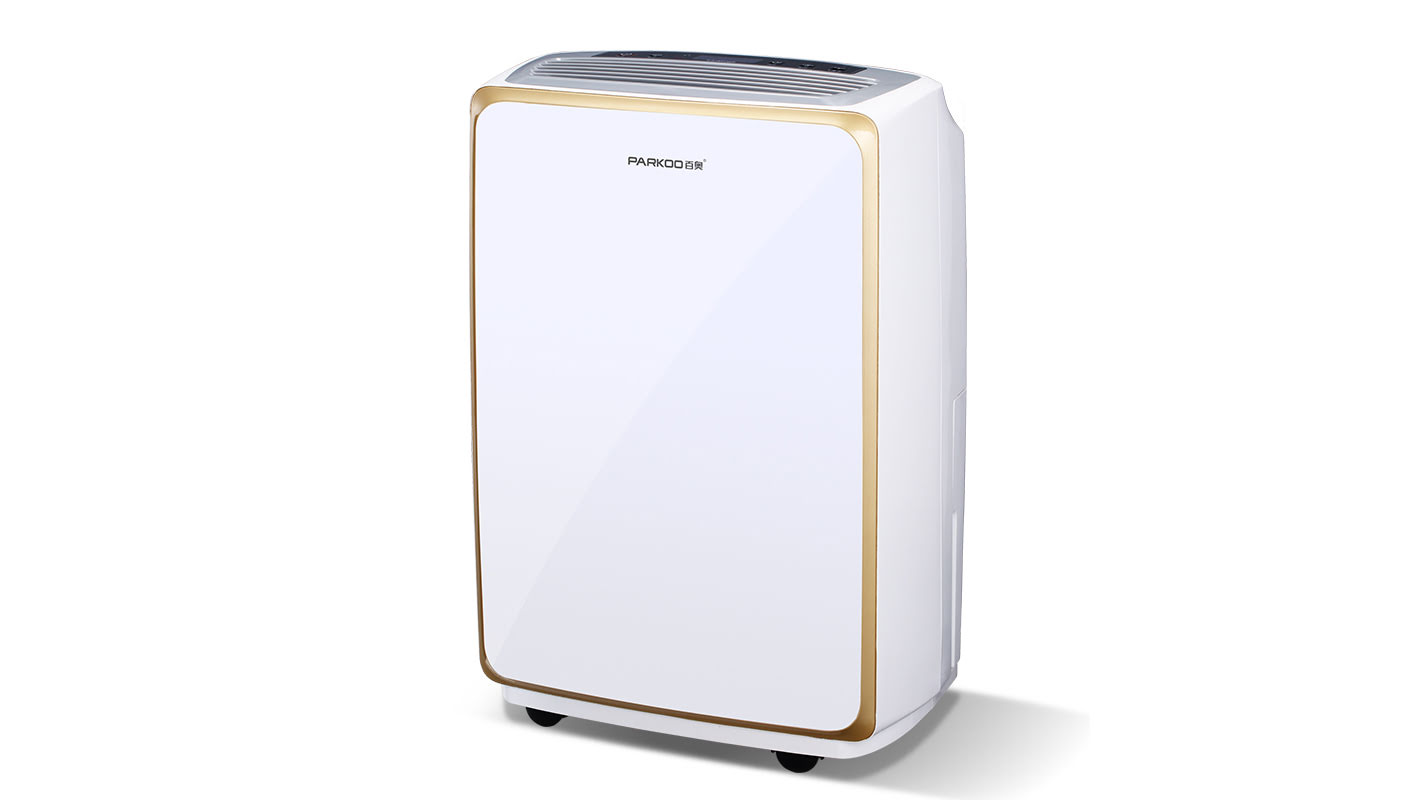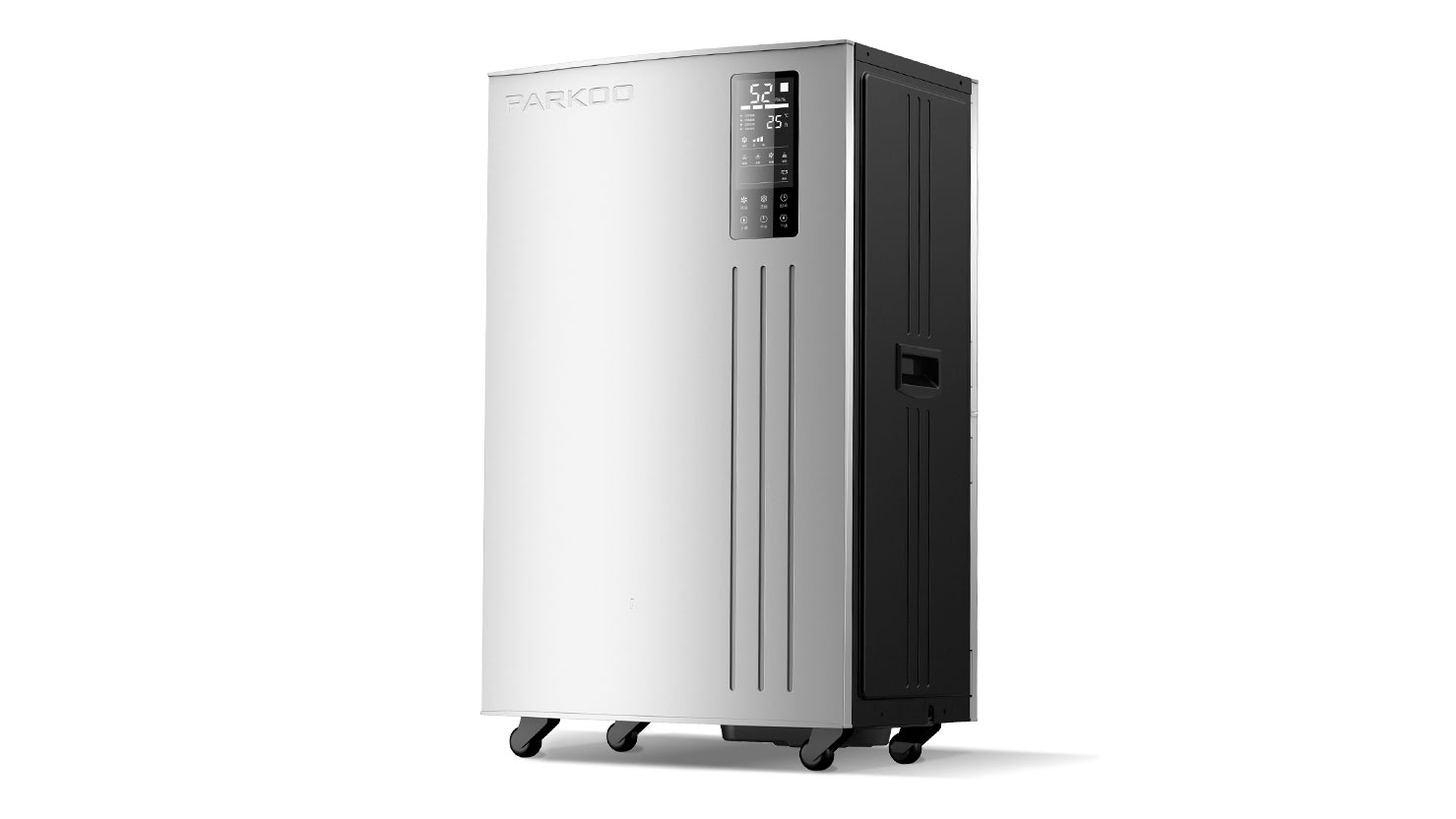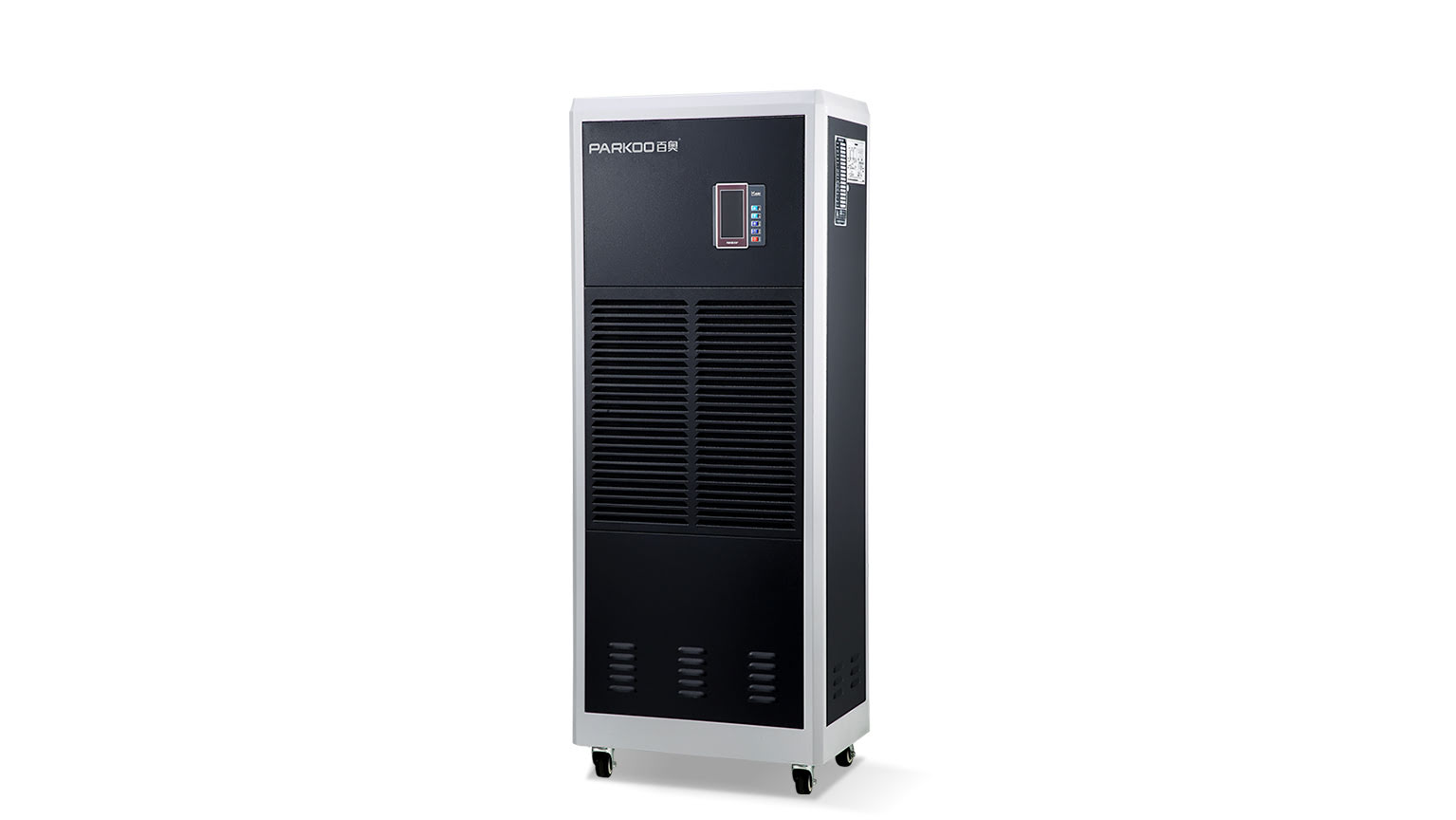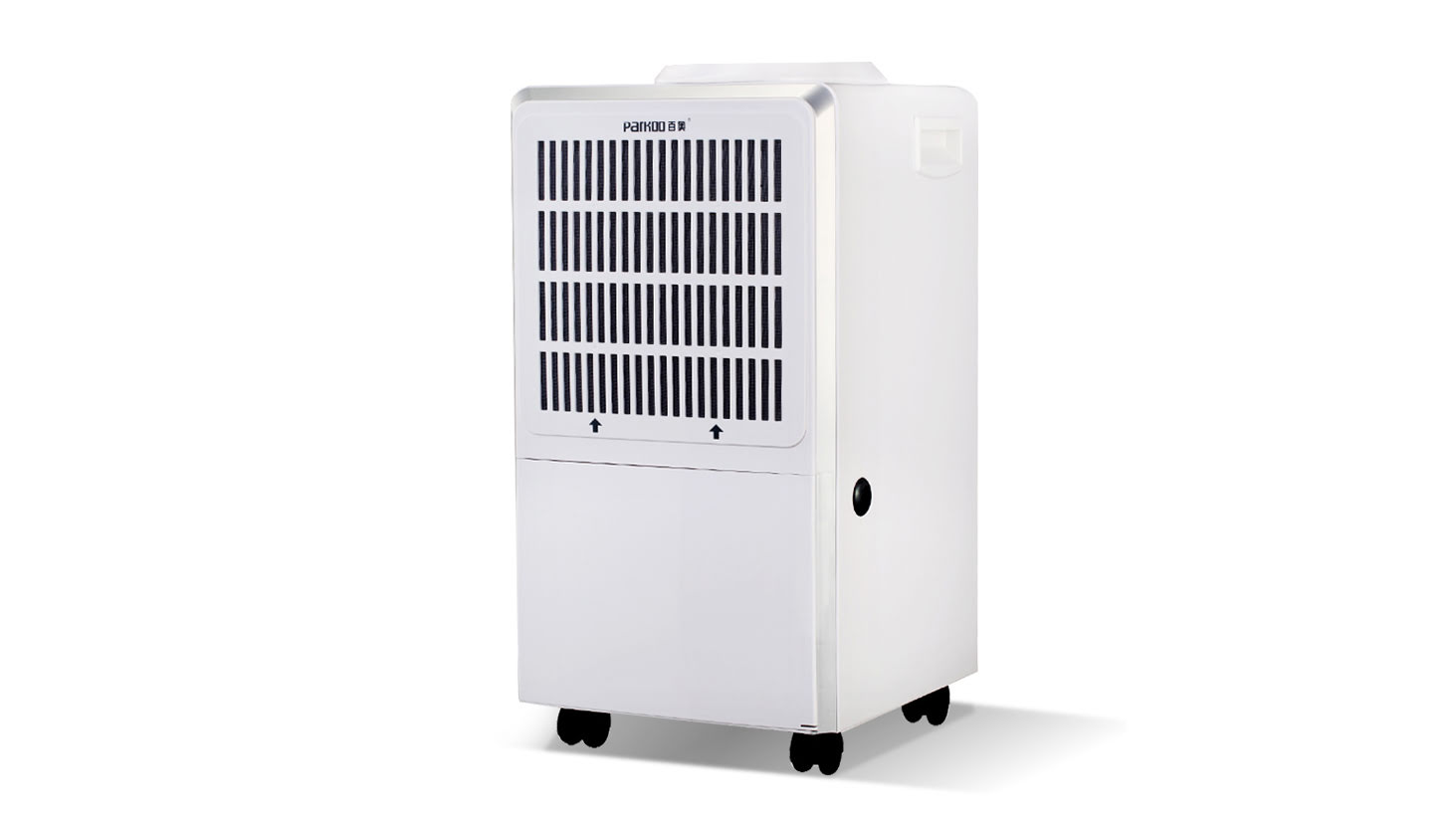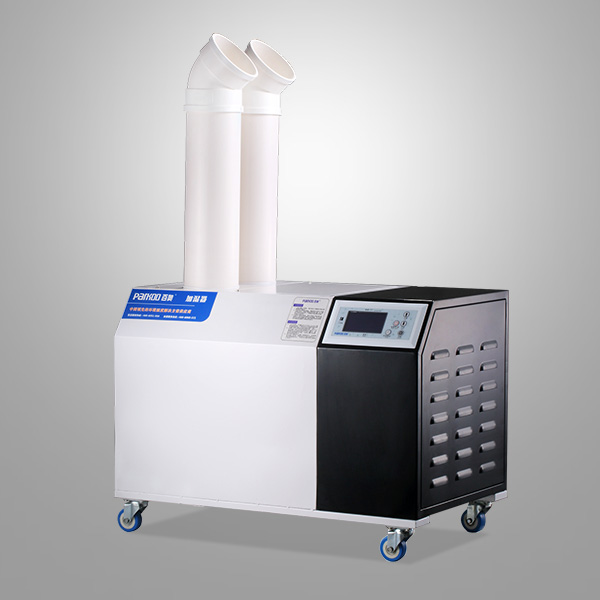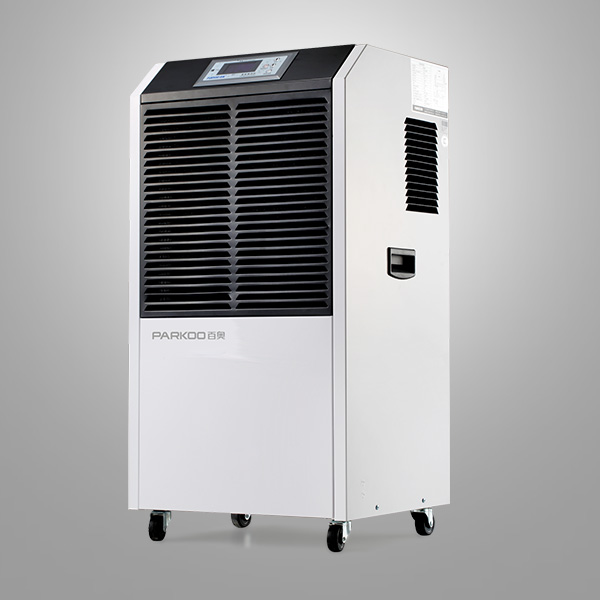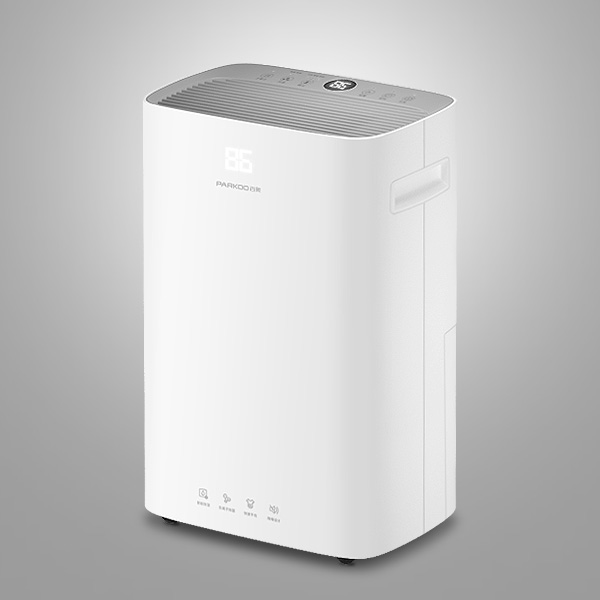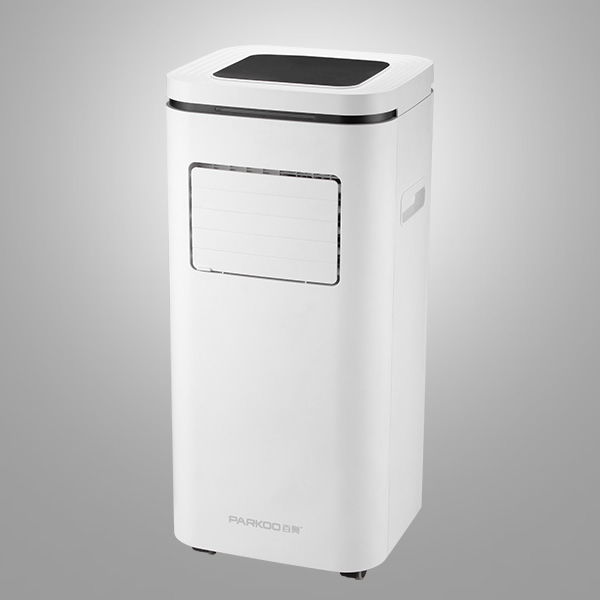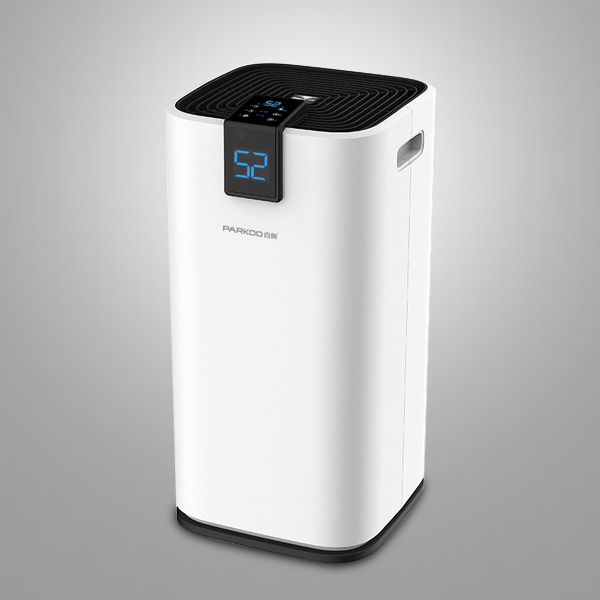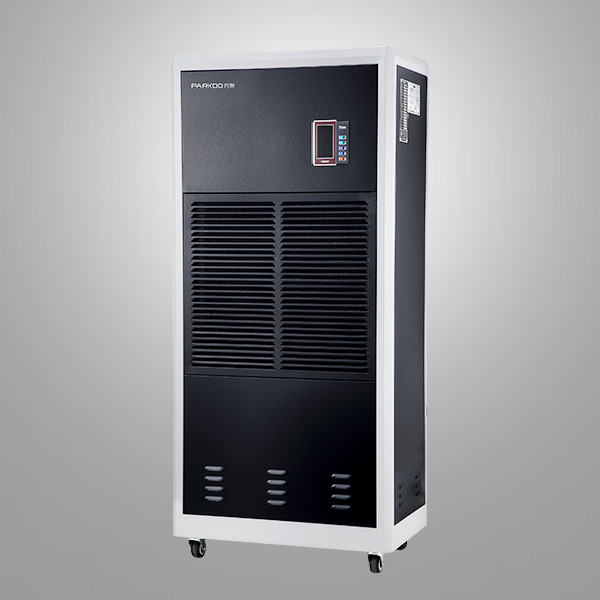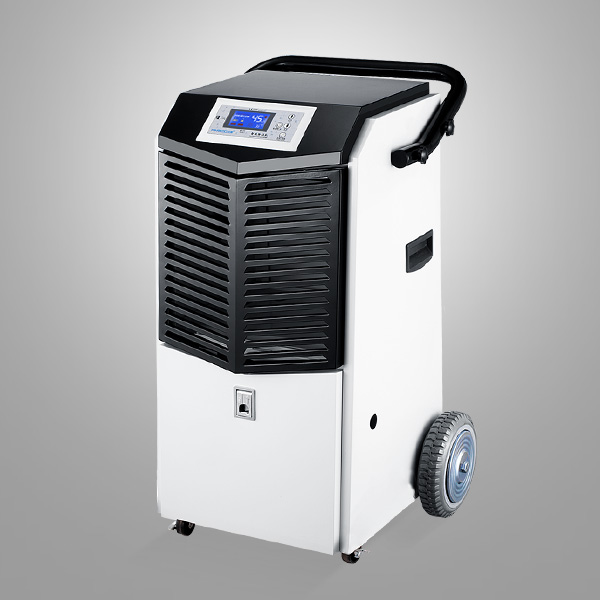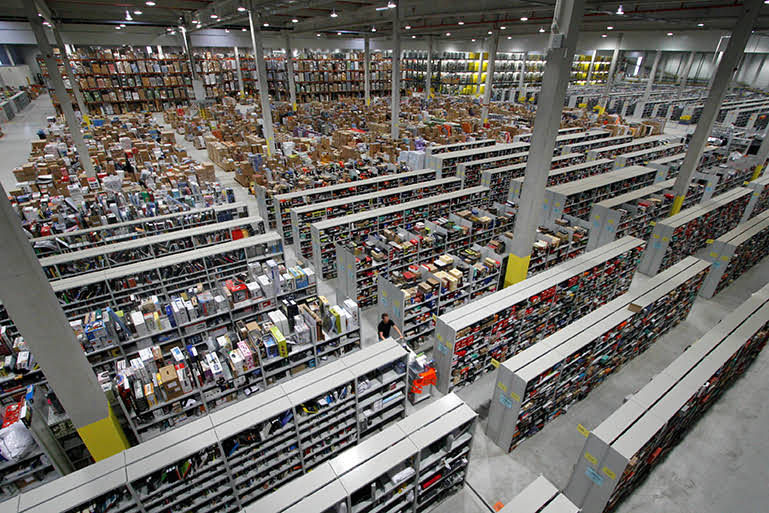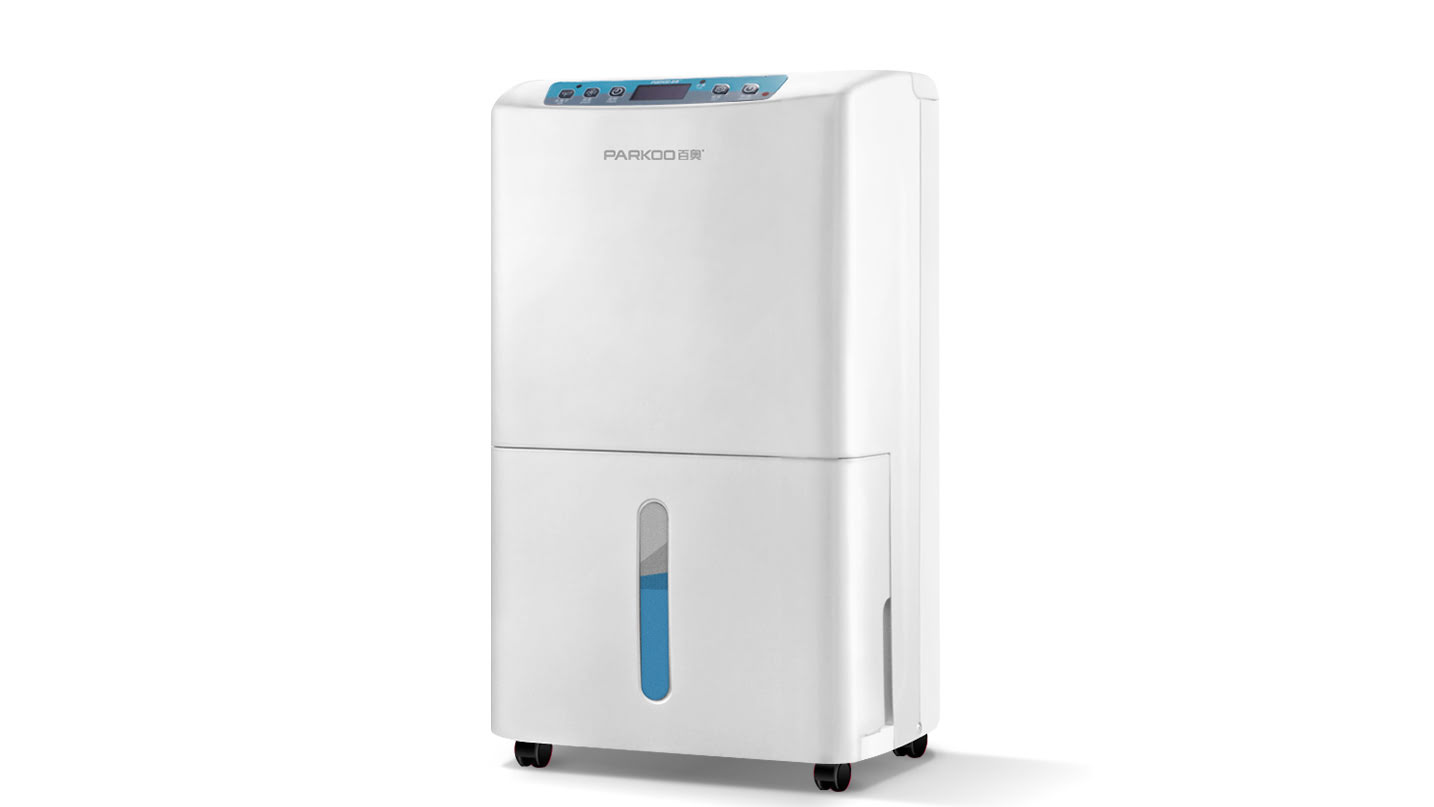Cleaning is the most important aspect for food processing or storage facilities. Temperature calibration also helps to maintain food safety and prevent Foodborne illness. However, cleanliness is crucial in food processing or storage facilities, but this is not enough. If you are engaged in food processing business, you must understand that it is equally important to maintain good environmental conditions and temperature control to maintain food quality. Temperature standards also help to maintain food safety and prevent Foodborne illness
Humidity and humidity affect food processing in three ways
1. Accelerated growth of microorganisms
Even in clean areas, microorganisms can grow and diffuse rapidly in humid environments. If you do not control temperature and humidity, it may cause condensation in food processing equipment and storage areas. Without appropriate airflow, pollutants and dust particles may reach food production areas and accelerate microbial growth
2. The product quality is damaged and the shelf life is shortened.
You cannot expose dry food to damp environments as this may cause mold and bacterial growth, leading to food spoilage and diseases in the food.
. If there is no appropriate temperature regulation, the shelf life of some foods may be reduced. If the temperature is too high, it may damage the vitamins in the food, which will reduce their nutritional value3. Packaging is affected
The design of food packaging must ensure that consumables are not damaged and extend their shelf life.
. If there is any moisture in the warehouse, it may damage the packaging. For example, metal cans may corrode, and paper packaging may decompose. When the package is damaged, the food inside will be contaminated and spoil. Another factor that may cause food packaging to deteriorate is heat, especially if exposed to direct sunlightThree reasons for using temporary climate control solutions in food processing and storage. Even if these areas are strictly controlled and disinfected, excess moisture and incorrect environmental temperatures can make maintaining safety standards difficult. Humidity control solutions help to maintain temperature at the required level. You can also perform temperature testing to help eliminate excess moisture, maintain hygienic conditions and ideal temperature within the facility
2. Improve overall productivity
If you regularly clean your equipment with water, you must wait for the water to dry before starting the food preparation process.
. However, if you have humidity control equipment, staff do not have to wait too long to dry the water. This helps to improve productivity in the workplace3. Maintaining the optimal temperature range
The temperature at which food is stored is crucial for maintaining its nutritional value. By maintaining cooling and optimal temperature range, You can achieve the following goals:
Minimize enzyme degradation and respiratory activity
Prevent the growth of organisms that promote food decay
Reduce internal moisture loss of dry food - preserve food packaging and extend its lifespan
There are no temporary climate control solutions, You cannot achieve quality assurance
More Benefits of Humidity Control
Let's take a look at the more benefits of humidity control in food manufacturing and processing facilities:
Cool temperatures can slow down the production of natural ripening agent ethylene in certain fruits and vegetables
With temporary climate control promoting appropriate air flow,
, The ventilation inside the facility has been improvedDue to the reduced load under heating and cooling conditions, you can save a lot of energy, which helps reduce operating costs
If steam cleaning is carried out, it may cause fog and condensation, which can be very dangerous if it is too long.
. Humidity control helps to quickly eliminate them.Walls and machines remain dry - freezing opportunities accumulate less frost and experience shorter defrosting cycles.
dehumidification occurs independently of traditional evaporator coils.
. This helps to ensure continuous compliance with food production specifications Understanding how and why humidity affects various processes in food production and storage is absolutely crucial. Contains instruments that can help you obtain fast and accurate humidity measurement results. Find suitable testing instruments based on specific applications and conduct regular calibration services to ensure better equipment performance